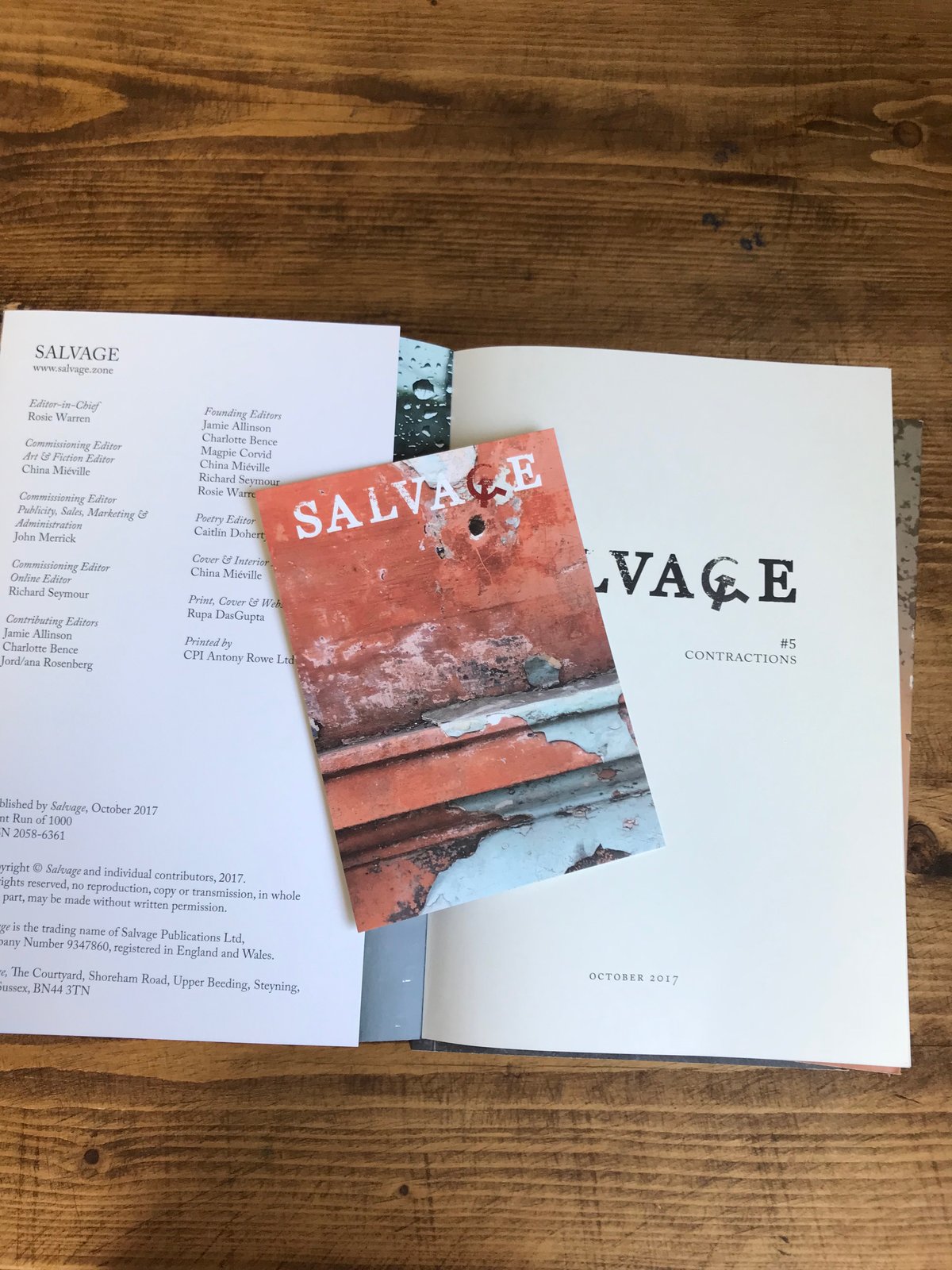


Trump seems like a transgression of the “laws” of history. The verdict was written in advance, and, as a result, the presidency of Donald J. Prepared for a Democratic victory, many now feel thrown into a counterfactual story, like the postwar America dominated by Nazi Germany and imperial Japan in the television series The Man in the High Castle.

When the final results came in, the triumph of an indecent, semi-fascist monster over a former secretary of state produced a vast and prolonged trauma. At the time, it seemed natural-inescapable, even-that Clinton, a candidate supported by Wall Street, political elites, and the media, would defeat Donald Trump, a reality TV star. Smoke by werner22brigitte ( Pixabay License / Pixabay)ĭuring the US presidential campaign, most opinion polls and news outlets predicted a Hillary Clinton victory. Traverso’s numerous scholarly monographs on Europe’s history of anti- Semitism are vital companions to this piece, as is his 2017 book Left-Wing Melancholia: Marxism, History, and Memory. His essay provides a nuanced analysis of pitfalls of arguing for fascism through historical analogy, while positing a new term for thinking through the potential lineaments of a new fascist movement fueled by Trump: “post-fascism.” Trump, he notes, is a businessman, not a mass leader a television celebrity, not political ideologue. While some have argued yes, Enzo Traverso (1957–) here answers no. Before and after his election, the combination of fascist dimensions of Trump’s rhetoric and persona with their relationship to new white nationalist movements posed a plausible public question: Was Trump a fascist? In November 2016, Donald Trump was elected president of the United States, against a backdrop of rising far-right nationalist parties in Europe and a resurgence of street-level racism and white supremacy in the United States fueled by his campaign. Enzo Traverso, “Trump’s Savage Capitalism: The Nightmare Is Real,” World Policy Journal, vol.


 0 kommentar(er)
0 kommentar(er)
